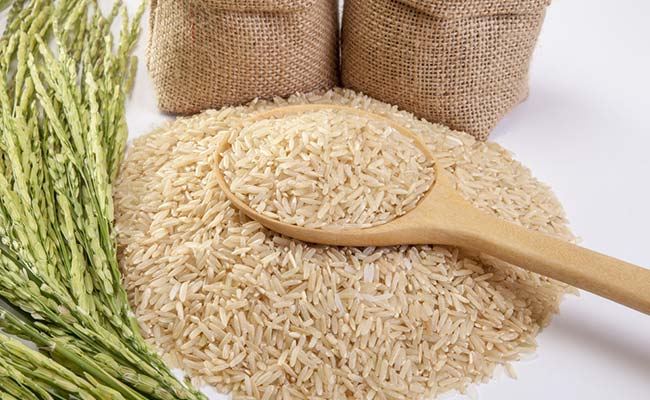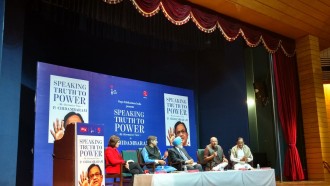
India, Bangladesh agree to promote seeds exchange
India and Bangladesh entered into an agreement to initiate the cross-border trade in High-Yielding Varieties (HYV) of rice seeds. A Memorandum of Understanding to this effect was signed between the Seed associations of the two countries, in New Delhi. While a protocol on the HYV of rice seeds has been signed already between the two countries, also involving Nepal, the latest MoU creates a way for formalization of the same between India and Bangladesh. Although there is no formal trade involving the HYV rice seeds currently between the two countries, there exists higher movement of the same (low-value and high-volume trade) through the informal channels, which may possibly create concerns over food security in the two regions, say the reports. The MoU event also witnessed the release of a report on ‘Dissemination and Advocacy Meeting Trade and Knowledge Sharing in HYV Rice Seeds: Scope for Agricultural Cooperation between Bangladesh and India’, carried out by the CUTS (Consumer Unity & Trust Society) International think tank with a support from the Bill & Melinda Gates Foundation. In its study, the CUTS International says while the trade in hybrid rice seeds is allowed, the same in the case of HYV of rice seeds remained restricted to the trial and testing of the availability. However, the latest MoU, besides initiating a process for the exchange of high quality rice seeds between the two countries, also provides a favourable environment for the knowledge-sharing in terms of production and trade of the same, said the CUTS International. This would also further the agriculture cooperation between the two countries, it added. Certain varieties of rice seeds having their origin in India are cropped throughout the border areas of Bangladesh and vice-versa in the eastern and north eastern parts of India, the report informed. As a result of this great demand for either of their varieties in both the countries, there has been an informal trade occurring between the two countries. Now, with the latest MoU, the existing demand can be met much more efficiently through a formal trade and a knowledge-sharing environment, it added.
May 2, 2015 | 3:01 pm IST.




_-Vertical.jpg)

 to success.
to success.